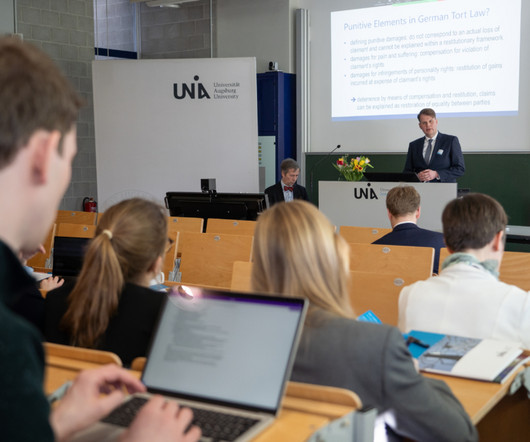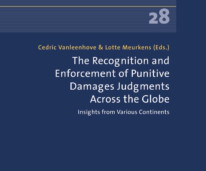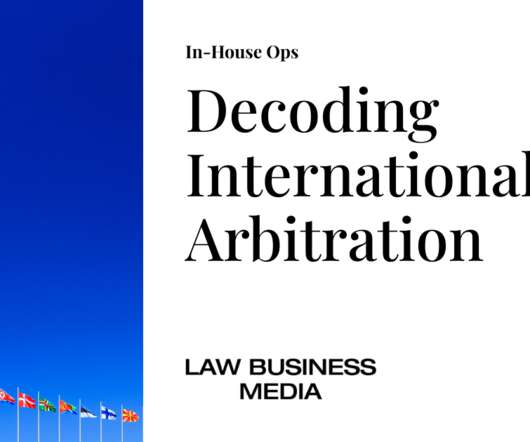Who’s Afraid of Punitive Damages? – Conference in Augsburg, Germany
Conflict of Laws
MARCH 23, 2024
by Salih Okur (University of Augsburg) On 8 and 9 March, scholars from more than a dozen different jurisdictions followed the invitation of Tobias Lutzi to discuss recent trends in punitive damages at the University of Augsburg, Germany. Rademacher then analysed whether punitive elements could be found in German tort law.















Let's personalize your content